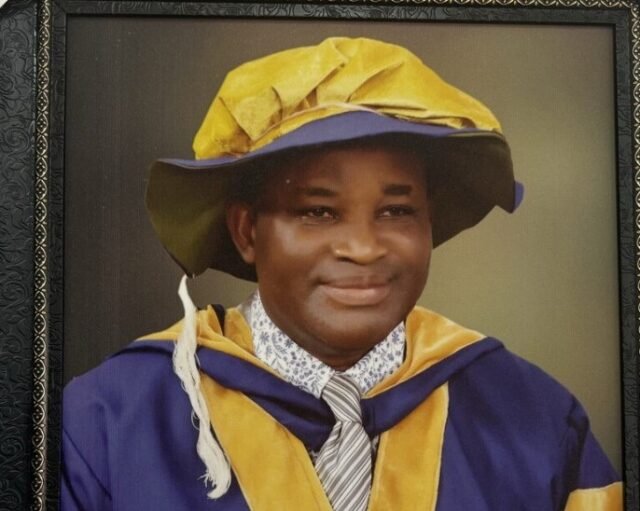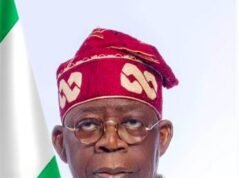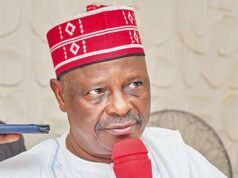In a poignant appeal that resonates far beyond the confines of academia, Professor Theophilus Aku Ugah—recently appointed Vice-Chancellor of the online-based Highstone Global University (HGU), Texas, United States—has urged the Nigerian Federal Government to undertake a radical overhaul of the country’s educational curriculum. Speaking at his introduction ceremony in Lagos, Professor Ugah challenged conventional pedagogical models and championed an educational framework aligned with local and continental priorities.
Table of Contents
A Curriculum Crafted for Africa
During his address, Professor Ugah emphasised a transformative vision: “Why are our research projects so easily tailored to reflect foreign concerns rather than Africa’s own pressing challenges?” he asked. “It is deeply concerning that our brightest students frequently mimic Western agendas instead of mining the rich potential of our country, our continent, our people.”
He stressed that genuine educational advancement must spring from relevance, one rooted in Nigerian realities, African concerns, and developmental opportunities. Uganda, Ghana, Kenya, and Rwanda have all shown how curricula that mirror indigenous contexts can ignite innovation, entrepreneurship, and societal resilience.
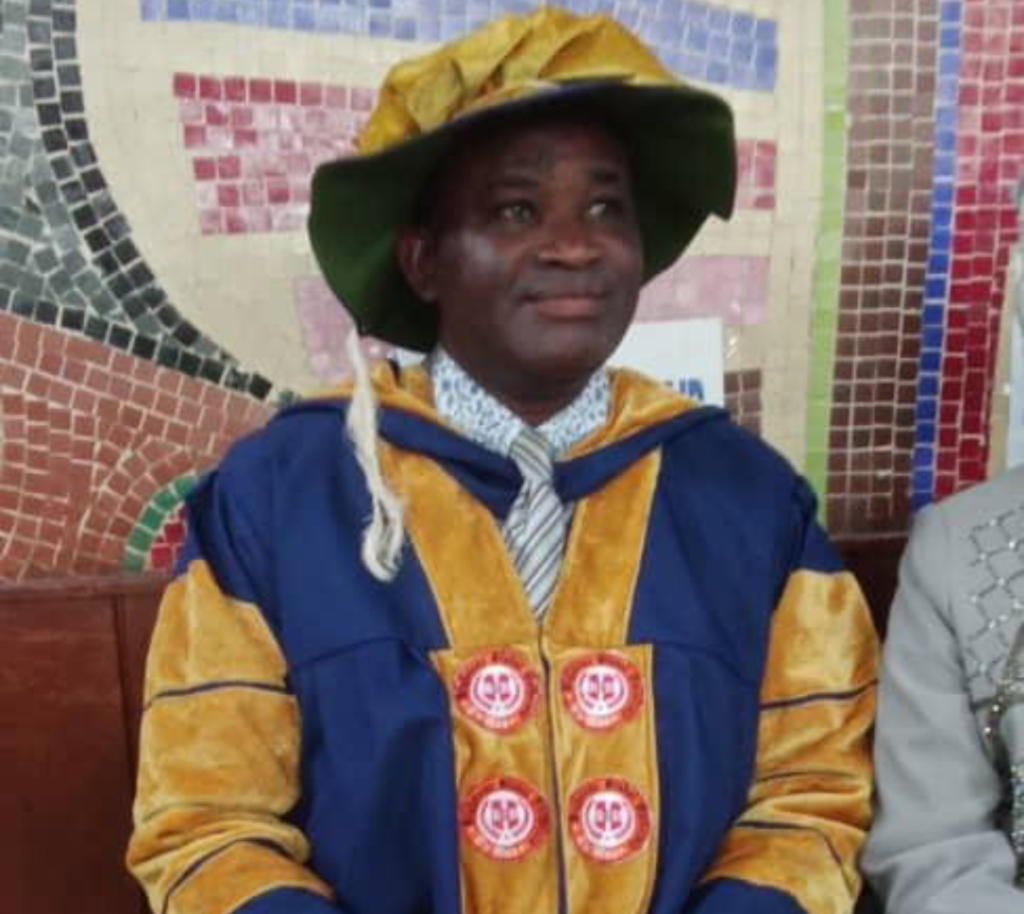
Highstone Global: An Africa-Centric Alternative
Highstone Global University is an entirely online institution designed with Africans firmly at its centre. It offers a suite of programs ranging from undergraduate degrees to postgraduate studies in fields such as business, public policy, and emerging technologies.
Professor Ugah posits that the very framework of HGU showcases what African-first education can look like. One illuminating detail: graduates won’t just receive certificates—they will be armed with research deeply informed by African needs, entrepreneurial skills to address local markets, and leadership grounded in ethical rigour.
“Globally, those nations that align their educational values and frameworks with their developmental vision always lead the pack. Why should Nigeria be any different?” remarked Professor Ugah.
Transparency and Ethical Leadership at the Core
Another cornerstone of his vision is institutional integrity. Speaking on HGU’s administrative philosophy, Ugah highlighted values such as transparency, accountability, and ethical governance.
He explained, “We intend to anchor this institution on ethical principles—transparency, integrity, and responsible leadership in all our programs and administrative oversight.”
This stance is particularly salient in a climate of growing public disillusionment with corrupt practices within governance structures. Demonstrating that ethical leadership can be operational in real-world institutions may inspire systemic change in Nigeria’s broader educational landscape.
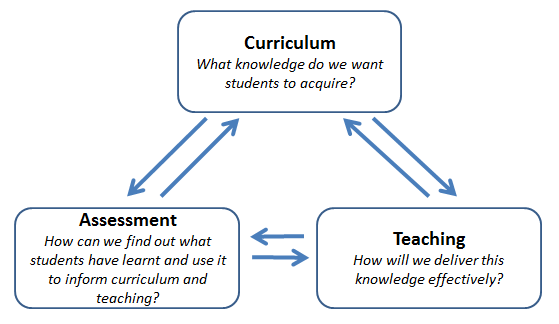
A Strategic, 30-Year Roadmap
Professor Ugah also shared his strategic blueprint for HGU: a forward-looking, 30-year development plan anchored in rigorous performance indices.
He revealed plans for scheduled reviews at five-year intervals (5, 10, 15, and 30 years), each evaluating research output, graduate employability, digital adoption, and societal impact. Ugah’s aspiration is bold: to catapult HGU into the top 100 universities worldwide—a vision firmly grounded in ambition, discipline, and long-term planning.
In a world in which university rankings remain pervasive, such audacious yet measured goals send a powerful message about Africa’s academic potential.
Peer-Witnessed Praise and Validation
Support followed swiftly. Biodun Akinpelu, a Professor of Educational Technology from Lagos State University, lauded Ugah’s appointment as “a milestone for African academia.”
He honoured Professor Ugah as “an icon, a blessing, a great scholar and a victory for Nigeria, especially for an institution founded by a Nigerian thriving in the U.S.” He also praised LASU’s role in moulding Ugah’s academic path, saying, “I am proud LASU played a role in the making of this man. He will not only add value to global education but bring an African perspective to academic leadership.”
Prof. Akinpelu also endorsed HGU’s digital-first format, identifying it as a timely response to Nigeria’s surging youth population and concomitant demand for quality education.
Online Learning: A Pathway for Mass Empowerment
Akinpelu’s keynote noted that “traditional universities alone cannot solve our nation’s problems,” citing Nigeria’s exploding population and burgeoning educational needs as a call to action. “Online education, such as that offered by Highstone, may indeed be the way forward,” he stated.
This sentiment reflects global trends: remote and hybrid learning models are unlocking access and flexibility, two prerequisites for reaching Nigeria’s vast, underserved pockets, especially in rural communities, low-income families, and working professionals seeking to upskill.
The Case for Curriculum Reform
Professor Ugah’s message arrives at a transformative moment.
Nigeria is deep into a nationwide educational review, with proposals like the 12‑year basic education initiative stimulating robust debate. Amid these shifts, Ugah’s plea brings depth and vision:
- Relevance: Shift educational goals from rote memorisation to problem-solving rooted in Nigerian and African contexts.
- Digitalisation: Equip students with 21st-century tech skills and broaden access through remote learning.
- Governance: Build trust and accountability into institutional frameworks.
- Strategic Planning: Anchor curricula within long‑term growth targets, not ad-hoc reforms.
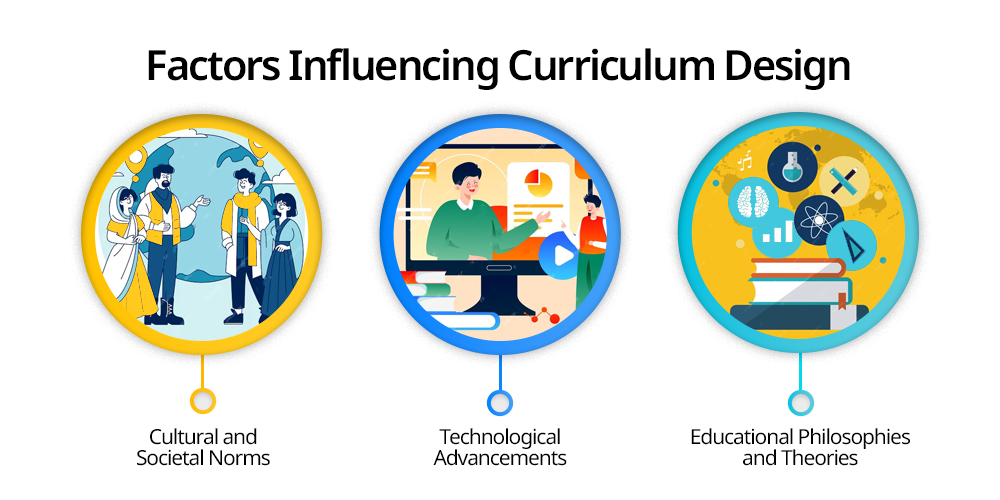
How Curriculum Redesign Could Unlock Potential
1. Enhanced Research and Innovation
Ugah’s critique—that Nigerian students mimic foreign research trends—reveals a blind spot in national scientific inquiry. A reimagined curriculum could prioritise indigenous challenges: climate resilience, value-added agriculture, rural healthcare, and local entrepreneurship.
2. Market-Oriented Skill Development
Aligning learning with industry needs—particularly in agriculture, tech, and healthcare—is vital. Embedding internships, apprenticeships, and vocational training directly into curricula could help produce innovators, not job seekers.
3. Digital and Soft Skills Orientation
Curricula must evolve beyond content delivery. They must include digital fluency, critical thinking, socio-emotional learning, ethical judgment, and leadership skills, preparing graduates to navigate complex global economies.
4. Ethical Foundations for Leadership
Embedding accountability and integrity into educational programs creates future leaders who prioritise public well-being. These traits are critical in governance, business, and civil society.
5. Long-Term Evaluation Frameworks
Ugah’s advocacy for five-year reviews offers a compelling blueprint. By setting clear performance targets—research citations, graduate income levels, digital adoption rates—institutions can be more accountable and dynamic.
What the FG Could Do Now
- Launch a National Curriculum Taskforce
Include educators, industry players, digital innovators, economists, and youth advocates to craft a curriculum that reflects Nigeria’s priorities. - Integrate Digital Learning into Federal Policy
Make online education a strategic pillar, with infrastructure funding and quality standards to ensure equitable access. - Incentivise African-Centred Research
Redirect grants toward projects that tackle local issues, such as sustainable farming, urban planning, or Indigenous tech solutions. - **Promote Transparency Metrics **
Require institutions to annually report on governance practices, budget transparency, and anti-corruption systems. - Embed Periodic Review in Education Laws
Formalise performance reviews and require public accountability for educational outcomes.
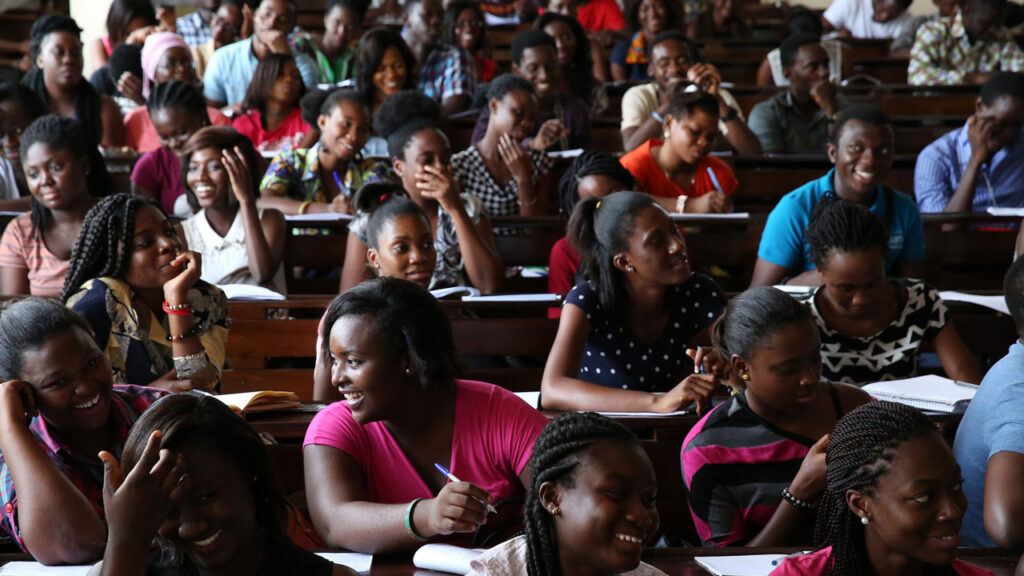
Challenges & Opportunities
Infrastructure Gaps: Many schools lack reliable electricity, internet access, and digital devices. A curriculum transformation must be supported by robust investment in infrastructure.
Teacher Training: Educators need ongoing professional development to thrive in a revised system. The policy must include large-scale reskilling efforts and incentives.
Policy Continuity: Uganda cautioned that frequent reform without consistency destabilises systems. Nigeria must strive for stable, long-term planning linked to national goals.
Digital Divide: Urban-rural disparities in internet access and devices must be proactively addressed.
Cultural Shift: Shifting the mindset to one that values local context, critical thinking, and digital fluency is arguably the greatest challenge—but also the greatest opportunity.
A Vision Worth Pursuing
Professor Ugah’s appeal transcends mere observation—it is a clarion call for systemic change. He envisions an education system that empowers Nigerians to solve their own problems, invent locally relevant technologies, and compete globally—all while anchored in ethical leadership.
Highstone Global University, led by Ugah, represents a compelling prototype: it is African-first in orientation, global in ambition, digitally native, and ethically grounded.
If Nigeria heeds this call, the journey ahead is not just about curriculum—it is about rewriting the country’s future.
In His Own Words…
- “It is so sad that Nigerian students prefer to shape their research on what is happening in foreign countries rather than focusing on Nigeria and Africa.”
- “As part of our leadership values, we recognise the importance of transparency, integrity and ethical behaviours in all our affairs.”
The Road Ahead
Nigeria stands at a transformative nexus. A reformed, African-centric curriculum could drive economic growth, social cohesion, and technological sovereignty. An education system that embraces transparency, relevance, digital capability, and long-term strategic planning can launch the nation into a new era.
Professor Ugah’s message is clear and timely: The time to act is now.
What This Means for Nigeria
- For Students: Courses aligned with local needs and global competitiveness.
- For Parents: Greater confidence that education leads to opportunities, not just certificates.
- For Employers: Graduates who can problem-solve, innovate, and lead.
- For Nigeria: A chance to break cycles of brain drain and ignite homegrown solutions.
Final Thoughts
Curriculum reform is not an overnight fix. It is a journey that demands investment, collaboration, visionary leadership, and patient implementation. Yet the path is clear—and the stakes are high. By embracing Professor Ugah’s vision, Nigeria can leverage education as a tool for transformational national progress.
Join Our Social Media Channels:
WhatsApp: NaijaEyes
Facebook: NaijaEyes
Twitter: NaijaEyes
Instagram: NaijaEyes
TikTok: NaijaEyes
READ THE LATEST EDUCATION NEWS


